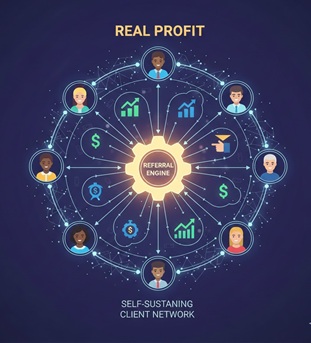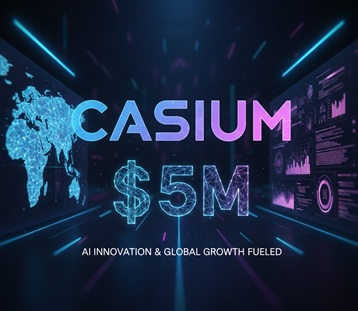We’ve all been there. You have a brilliant idea for a side hustle, a fitness journey, or a creative project, but you stop before you even begin. We believe that more information equals more readiness. In reality, the most significant advantage you have isn’t found in a textbook or a certification—it’s found in the fact that you are a beginner right now.
In this article, we’ll explore the “Beginner’s Edge” and why your lack of experience is actually your greatest superpower.
The Paralysis of Preparation
In the digital age, we are drowning in information. While “how-to” guides are helpful, they often fuel the internal narrative that we aren’t “ready.” We look at professionals who have been in the game for ten years and feel like impostors before we’ve even stepped onto the field.
But here is the truth: Preparation is often a sophisticated form of procrastination. By staying in the “learning phase,” we avoid the risk of failure. However, we also avoid the possibility of growth.
What is the Beginner’s Edge?
The Beginner’s Edge is the unique set of advantages that disappear the moment you become an expert. It’s a blend of curiosity, low stakes, and a fresh perspective that allows you to see solutions that seasoned pros often overlook.
1. The Power of Shoshin
In Zen Buddhism, there is a concept called Shoshin, or “Beginner’s Mind.” It refers to having an attitude of openness and lack of preconceptions when studying a subject.
As an expert, your mind is often filled with “the way things are done.” As a beginner, your mind is empty and ready to absorb everything. This lack of bias is why many of the world’s most disruptive companies were started by people who didn’t “belong” in that industry.
2. Low Stakes, High Reward
When you are a beginner, nobody is watching you. You don’t have a reputation to protect or a brand to uphold. This is your “sandbox phase.” You can fail, pivot, and try again without the weight of public expectation.
3. Rapid Learning Velocity
When you start from zero, your rate of improvement is astronomical. Going from knowing nothing to knowing the basics feels incredible and provides the dopamine hit needed to keep going. Experts, on the other hand, have to work twice as hard just to improve by 1%.
Expert vs. Beginner Mindset
To understand why you’re ready now, let’s compare how a seasoned professional and a beginner approach a challenge:
| Feature | The Expert Mindset | The Beginner’s Edge |
| Problem Solving | Relies on past experience (Can be rigid). | Asks “Why?” and “What if?” (Innovative). |
| Risk Tolerance | High stakes; fears losing status. | Low stakes; nothing to lose. |
| Learning Style | Incremental gains. | Explosive, foundational growth. |
| Flexibility | Set in “tried and true” methods. | Willing to experiment with new tools. |
Why “Waiting for the Right Time” is a Trap
If you wait until you feel ready, you will be waiting forever. Readiness is a feeling that follows action, not one that precedes it.
The “right time” usually looks like:
- The messiness of a first draft.
- A workout where you don’t know how to use the machines.
- A business launch with zero customers.
The most successful people didn’t start when they were ready; they started when they were curious. They leveraged their Beginner’s Edge to navigate the early hurdles of their journey.
How to Start (Even When You’re Scared)
If you’re feeling the itch to start but the weight of hesitation, try these three steps:
- Embrace “B-Minus” Work: Perfectionism is the enemy of progress. Give yourself permission to be “bad” at the start. Your only goal is to finish the task, not to master it.
- Focus on the Smallest Possible Action: Instead of “Starting a Business,” try “Registering a Domain Name.” Instead of “Running a Marathon,” try “Walking for 10 minutes.”
- Publicly Commit: Tell a friend or post on social media. Accountability often outweighs fear.
Conclusion: Your Journey Starts with a Single Step
The world doesn’t need more people waiting for permission to be great. It needs people who are willing to be “clumsy” beginners. Your fresh perspective, your willingness to ask “dumb” questions, and your lack of baggage are exactly what make you dangerous (in the best way possible).
You don’t need another course. You don’t need another “sign.” You are ready to start now because you are a beginner, not in spite of it.
Who we are: Funded.com is a platform that is A+ BBB accredited over 10+ years. Access our network of Angel Investors, Venture Capital or Lenders. Let us professionally write your Business Plan.











